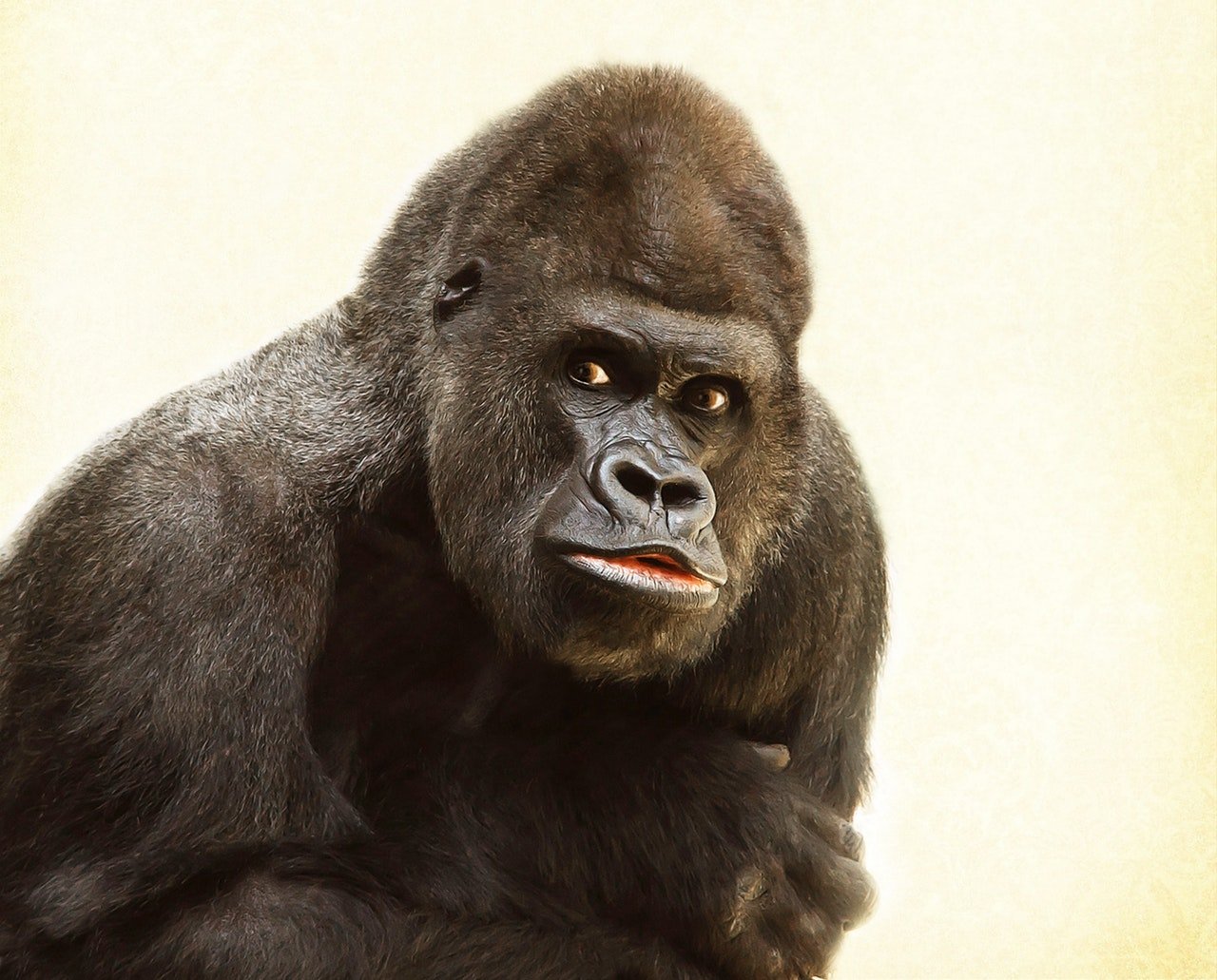If you’ve dipped your feet into the waters of psychology — scratch that, if you’ve dipped even a single toe into the waters of any psychologically related discipline — then I’m willing to bet you’ve seen some variation of the invisible gorilla video.
The original version of this video begins with a blank screen presenting a challenge to the viewer: “Count how many times the players wearing white pass the basketball.” The words fade to reveal six people standing in a circle, passing two basketballs among themselves while continually changing positions.
The movement of the ball is rhythmic, mesmerizing. The viewer’s eyes follow from one set of hands to the next, counting silently until the video cuts.
The most important part, though, is the part that comes after: the moment when it’s revealed to the viewers that the counting task was merely a distraction, and that it had consumed their attention so fully that they’d failed to notice something outrageous. What they’d missed was that, amid the six ball-passers, a person had ambled past, dressed head to toe in a furry black animal suit.
This is the invisible gorilla. But it’s not the only one: You, too, are an invisible gorilla. And so am I.
A few weeks ago, I returned to my dorm from what I considered to be a pretty drastic hair appointment, excited to show off my new look to my friends. On the way back to my room, I knocked on a friend’s door. She opened it and threw her arms around me.
“Haven’t seen you in a while!” She pulled back from the hug and smiled. “What have you been up to? How was your day?”
Well, perhaps she was just tired, or distracted. After all, it had been quite some time since I’d last seen her; she was probably exhausted, burnt out from midterms. No wonder she didn’t notice my hair change. With a sigh, I dropped my purse off in my room and headed to my next pit stop: another friend’s room.
Upon seeing me, his eyes lit up. “Nice hair,” he said. Phew, I thought. Someone noticed. But then came his next words: “Did you straighten it?”
I had, in fact, gotten my hair straightened. But I had also gotten it cut — in half. And it was a different color. Neither of which he seemed to notice.
My friends’ inattention to what I’d seen as a sizable change got me thinking about the disconnect between what we think other people are noticing and what they’re really noticing. I wondered what caused this inattention. Was it simply distraction, preoccupation with one’s goals? After all, at any given moment, most of us have a goal in mind: We’re on our way to the dining hall in order to eat, we’re focused on finishing a p-set before the deadline or we’re trying to count the number of times a basketball is passed between teammates. These goals absorb us, and for good reason; They are the markers between one moment and the next, the tiny actionable items that move time along. Could it be that, unbeknownst to us, there are gorillas all around us?
Part of me was skeptical. It’s easy to believe in someone else’s lack of perception, but I didn’t want to think that the same thing applied to me — that I, too, was walking around completely and utterly disconnected from the world. And yet, it seemed that I was: only recently, I vehemently disagreed with a friend about the location of our resident fellows’ home.
“You walk by their house all the time,” she told me. “Right next to the dining hall.”
There was simply no way; surely, if there were an entire living space tacked on to the building I walked past every single day, I would’ve noticed.
But sure enough, when we passed by on our way to dinner that night, my friend pointed out the set of stairs leading to a front door. I couldn’t believe it. How could I have passed by so many times without noticing? But that was exactly what had happened.
That was when it clicked. Distraction played a role, leaving my perception of the world with holes. But it was my expectations that filled in those gaps. I didn’t expect the resident fellows’ cottage to be there, so I never noticed that it was.
This realization got me thinking about just how much of my life I spend worrying about what other people might notice: the zit on my chin that just won’t quit, the fact that my socks don’t match, that one time my knee completely gave out in the middle of a burpee. But the truth is, every one of those things is far outside the range of other people’s goals and expectations, not even in the periphery of their attentional lens.
It’s a bittersweet realization. On one hand, my inattention to the location of my resident fellows’ home attests to one of the unfortunate drawbacks of inattentional blindness: It leaves our perception of the world incomplete. But on the other side of that coin is something more heartening: the freedom we gain when we realize that others aren’t, in fact, judging our every move. In this light, our lack of worldly awareness doesn’t seem like such a bad thing. It allows us the comfort of knowing that our faux pas and blunders are likely not even noticed by the people around us.
After all, chances are they’re probably busy being invisible gorillas themselves.
Contact Larissa Bersh at lbersh ‘at’ stanford.edu.
